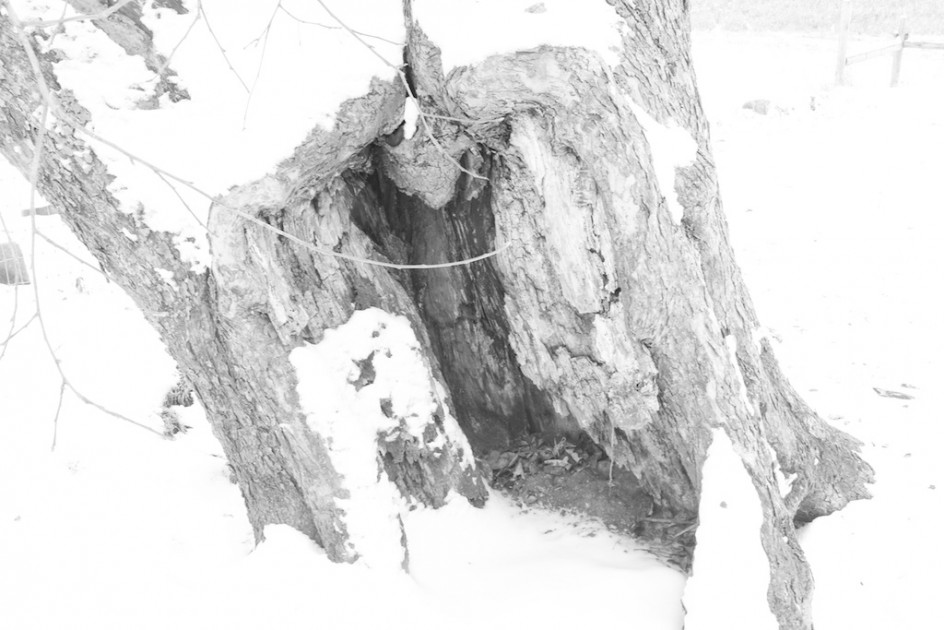
Being mortal, writes Dr. Atul Gawande in his new book Being Mortal, is about the struggle to cope with the constraints of our biology, within the limits set by genes and cells and flesh and bones.
Only the Gods are immortal, they don’t have to think about how to die.
I think I became a hospice volunteer in part to confront death face-to-face, to understand it. I wanted to learn how to die well, I didn’t want to wait until I was too helpless or ill to decide. At every step of my life, I have paused to consider how I wanted to live. It is just as important to consider how I wish to die.
The young do not know they are going to die, and older people don’t like to think about it. In our culture death is a heresy, a taboo, something to never be mentioned in public or discussed in media or movies or popular culture or corporate marketing, at least not beyond mayhem and murder. The marketers that shape our culture hate death, it doesn’t sell one thing. It is the ghost in the room, the shadow on the soul.
Most of us will not die on the battlefield or in gunfights with bad guys, our choices are critical but far less dramatic. But we do have choices.
I learned in hospice that the people who die well are the ones who think about it and talk about it. The people who hide from it and deny it are pulled along by forces well beyond their control. They don’t die their death, they die somebody else’s death. They lose all power not only over their lives at the end but of their deaths, of the way they leave the world. Medicine, writes Dr. Gawande, flees from the very idea of death and has taken the dying process away from families and private individuals.
As recently as 1945, almost everyone died at home in their own beds, most often with their own families or friends caring for them. Even small children saw death and came to understand it.
That world is gone, death is a medical issue, not a personal one. Most Americans now die in hospitals and nursing homes, many have no say in how they die, how they spend their final moments or who with. Few people see death or know much about it, the old and sick are taken away and hidden from the rest of the world. We are as disconnected from death as we are from the natural world and from animals.
Quite often, people can’t even control the medicines they are given, the surgeries performed on them, or even the places in which they wish to end their lives.
Because death is so hidden, is such a taboo, few people have any way of thinking about it or preparing for it. My hospice work taught me that death is sad, but not only sad. The people who did talk about it and think about it often left the world in peace, sometimes laughing and smiling, their final moments meaningful and with dignity, often with the people they love, as comfortable as they can be made to be.
We begin dying from the moment we are born. Our time in the world is short, our bodies begin to fall apart from the first day. Medicine can make our lives longer, but not necessarily better. Modern medicine is a powerful machine that pushes us along, but does not include our wishes in the journey. In my hospice work I have seen too many people suffer too much at the hands of well-meaning doctors who have never talked or thought about the dying process, and have nothing to offer people but surgeries and pills. Most doctors can’t give up and let death come, they don’t know how or they aren’t permitted to.
I am not planning on dying soon, but I am a lot closer to the end than the beginning. I want to think about death from time to time, write about it.
Dr. Gawande’s book is a good starting point for anyone. Hard reading at times, powerful reading.
Despite the miracles of modern technology, he writes, “decline remains our fate.” Most doctors, he says, “don’t think about this. We’re good at addressing specific, individual problems – colon cancer, high blood pressure, arthritic knees. Give us a disease and we can do something about it. But give us an elderly woman with high blood pressure, arthritic knees, and various other ailments besides – an elderly woman at risk of losing the life she enjoys- and we hardly know what to do and can only make matters worse.”
I’d love to live a long time, perhaps to be a grandfather one day, maybe to get my big book, maybe to complete my transition to a new kind of writer, maybe to put some money in the bank, perhaps to take Maria to Florence to see the art there. I don’t intend to wallow in death, I mean to dance to the grave.
But I don’t wish to hide from it either, I don’t want it to be a taboo in my writing, on my blog, in my mind. Death is as much a part of life as breathing, I want to learn how to think about it and prepare for it wisely and well. You are invited to come along for the trip, as usual. I am beginning to be old, this is not a time for me to scale back my life, but to see it clearly and bravely.
With my last breath, I hope to exhale my love for Maria, and thank her for bringing light and meaning to my troubled life. I intend to plan to be able to do it, because that means I will have found a way to have the death I want to have, not the death someone else has chosen for me
